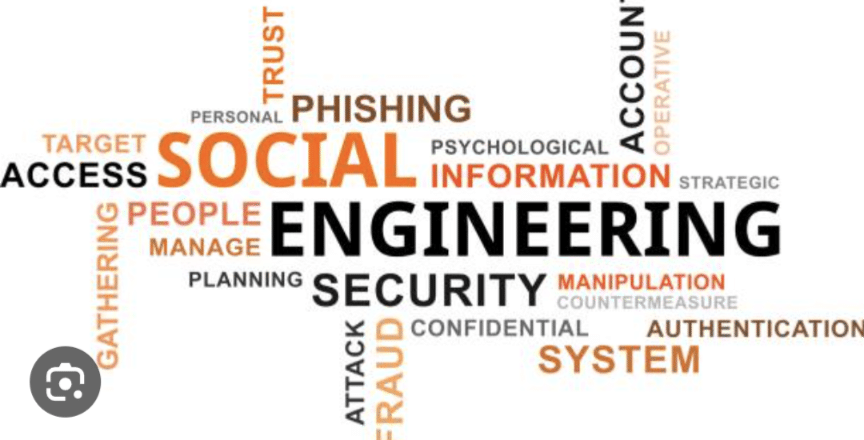
AI and ML: The new battlefield for cyberattacks and defenses
September 30, 2023
Cyber insurance: A risk vs reward assessment for SMBs
October 2, 2023Social engineering is a type of cyber attack that relies on human manipulation rather than technical expertise to gain access to sensitive data or systems. Social engineers use a variety of techniques to trick people into revealing confidential information or clicking on malicious links.
Social engineering attacks can be very effective, even against well-trained individuals. This is because they exploit people’s natural tendencies to trust others, be helpful, and avoid conflict.
Here are a few examples of how social engineering can lead to major losses from a cyber attack:
- Phishing attacks: Phishing emails are designed to look like they are from a legitimate source, such as a bank, credit card company, or government agency. The emails often contain links or attachments that, when clicked or opened, can install malware on the victim’s computer. Malware can then be used to steal sensitive data, such as passwords, credit card numbers, and Social Security numbers.
- Vishing attacks: Vishing attacks are phone calls that are designed to trick people into revealing confidential information. For example, a scammer might call a person and claim to be from a bank, and then ask for the person’s account number and PIN.
- Baiting attacks: Baiting attacks involve leaving physical devices or media in a public place, such as a USB drive or CD-ROM, that contain malware. If a person picks up the device and inserts it into their computer, the malware can be installed and used to steal data.
- Quid pro quo attacks: Quid pro quo attacks involve offering something of value to a person in exchange for confidential information or access to a system. For example, a scammer might offer a person a job interview or a free gift in exchange for their password or login credentials.
Social engineering attacks can have a devastating impact on businesses of all sizes. They can lead to the loss of sensitive data, financial losses, and damage to reputation.
Here are a few tips for protecting yourself from social engineering attacks:
- Be suspicious of unsolicited emails, phone calls, and text messages. If you are unsure whether a communication is legitimate, contact the sender directly using a known contact method.
- Do not click on links or open attachments in emails unless you are sure they are safe.
- Be careful about what information you share online. Avoid sharing personal information on social media or with people you do not know.
- Keep your software up to date. Software updates often include security patches that can help to protect you from known vulnerabilities.
- Use a strong password manager to create and store strong, unique passwords for all of your online accounts.
- Enable multi-factor authentication (MFA) on all of your online accounts. MFA adds an extra layer of security by requiring you to enter a code from your phone in addition to your password when logging in.
By following these tips, you can help to protect yourself from social engineering attacks and reduce your risk of becoming a victim of a cyber attack.
#cybersecurity #socialengineering #cyberattacks




